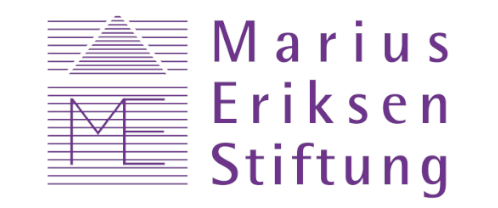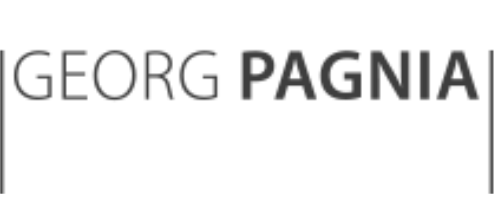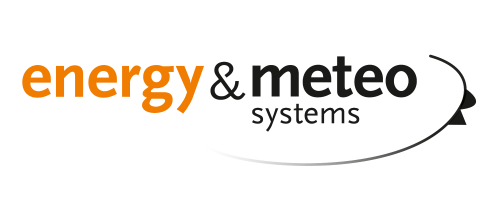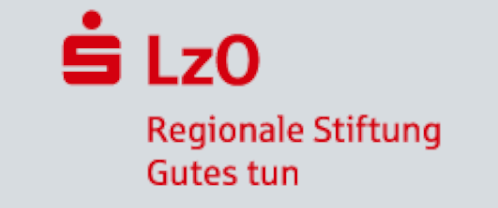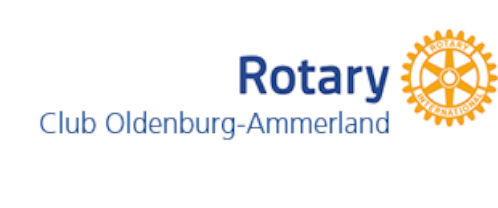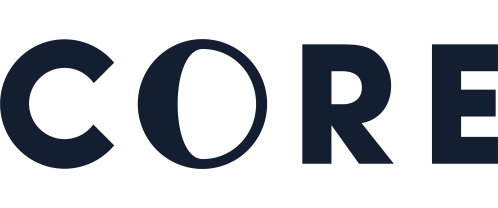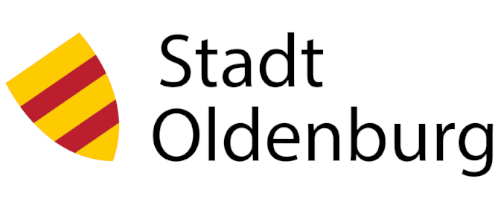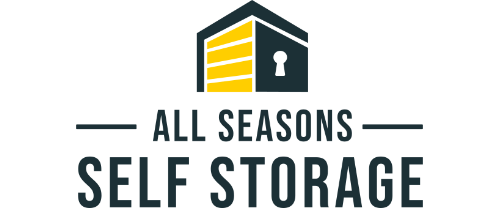United Nations Economic and Social Council
The Economic and Social Council, established in 1945, serves as the central platform for fostering international economic, social, and environmental cooperation. ECOSOC is responsible for advancing the United Nations’ development agenda, including the 2030 Agenda for Sustainable Development and its 17 Sustainable Development Goals (SDGs).
Through its subsidiary bodies and commissions, ECOSOC addresses a broad spectrum of issues, including poverty eradication, education, gender equality, and climate change. ECOSOC also engages with non-governmental organizations (NGOs) and civil society to ensure diverse perspectives are included in policy- making.
The council’s work is crucial in bridging the gap between developed and developing nations, which is why this year’s topic deals with the strengthening of international cooperation to help tackle a problem that affects the whole world Migration/mass migration.
Topic 2025: Strengthening International Cooperation to Deal with Migration due to Poverty and Inequality
